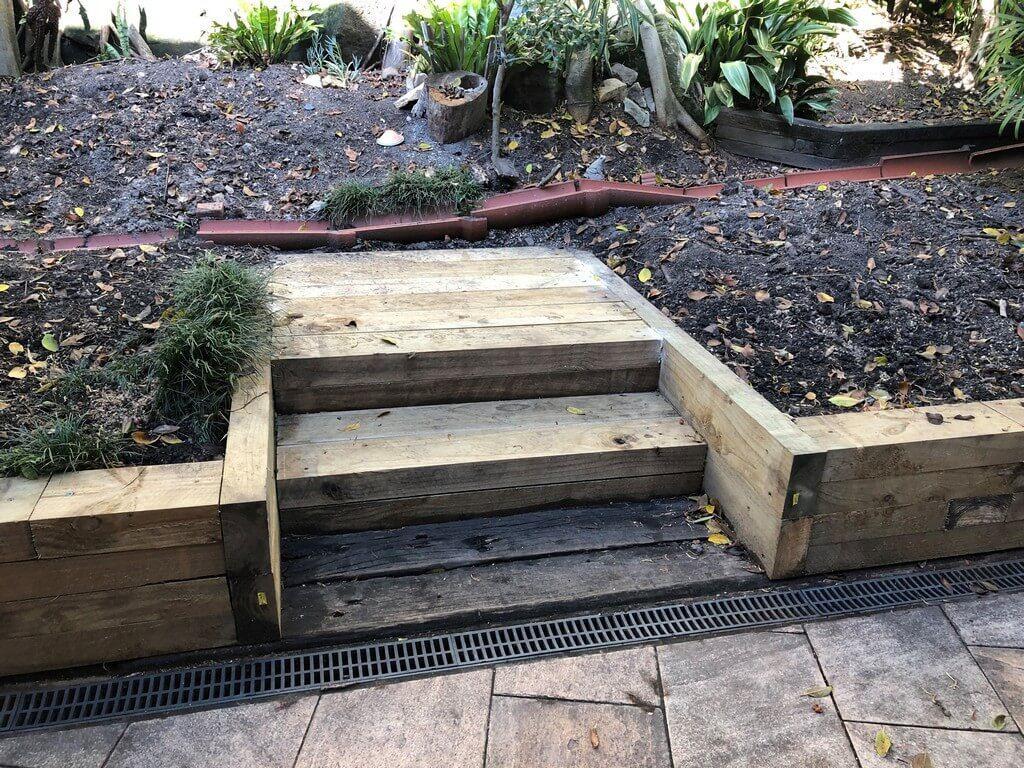A gardening service is a professional service provided by individuals or companies that specializes in the care and maintenance of gardens and outdoor spaces. These services are often offered to homeowners, businesses, public institutions, and other property owners who may not have the time, expertise, or resources to maintain their gardens themselves.
Gardening services typically include a wide range of tasks to keep the garden in good condition and enhance its beauty. The specific services offered may vary depending on the company or individual providing the gardening services.
Maintaining a garden involves regular care and attention to ensure its health, beauty, and productivity. Here are some essential tips on how to maintain a garden:
Watering: Provide adequate and consistent water to your plants. The water requirements may vary depending on the plant species, weather conditions, and soil type. Water deeply and less frequently rather than shallow and frequent watering to encourage deeper root growth.
Weeding: Regularly remove weeds from your garden to prevent them from competing with your plants for nutrients and water. Hand pulling or using a hoe can be effective methods.
Mulching: Apply a layer of organic mulch (such as wood chips, straw, or leaves) around plants to retain soil moisture, suppress weeds, and improve soil health.
Pruning and Deadheading: Trim or prune plants as needed to maintain their shape, encourage healthy growth, and remove dead or diseased branches. Deadheading (removing spent flowers) can promote continuous blooming for flowering plants.
Fertilizing: Use appropriate fertilizers to provide essential nutrients to your plants. Choose organic options whenever possible to improve soil fertility and promote long-term plant health.
Pest and Disease Management: Regularly inspect your plants for signs of pests or diseases. If you notice any issues, take appropriate measures to address them, such as using natural remedies or, if necessary, chemical solutions in a targeted and environmentally friendly manner.
Composting: Create a compost pile or bin to recycle organic kitchen and garden waste. Compost provides nutrient-rich material to improve soil structure and support plant growth.
Monitoring Sunlight and Shade: Observe how sunlight moves across your garden throughout the day and select appropriate plants for different light conditions. Some plants thrive in full sun, while others prefer partial or full shade.
Supporting Climbing Plants: Install trellises or stakes to support climbing plants, such as tomatoes, cucumbers, or climbing roses.
Regular Cleaning: Keep your garden tidy by removing fallen leaves, debris, and any dead plant material.
Rotate Crops: If you have a vegetable garden, practice crop rotation to prevent soil depletion and reduce the risk of pests and diseases.
Consider Native Plants: Incorporate native plants into your garden, as they are often well-adapted to the local climate and require less maintenance.
Stay Informed: Keep learning about gardening practices, new plant varieties, and local gardening tips to continuously improve your gardening skills and knowledge.
Remember that gardening is an ongoing process, and each garden is unique. Pay attention to your plants' individual needs and adjust your care routine accordingly. Gardening can be rewarding and enjoyable, so take the time to appreciate the beauty of your garden as it evolves over time. Now hire garden lawn maintenance experts!
